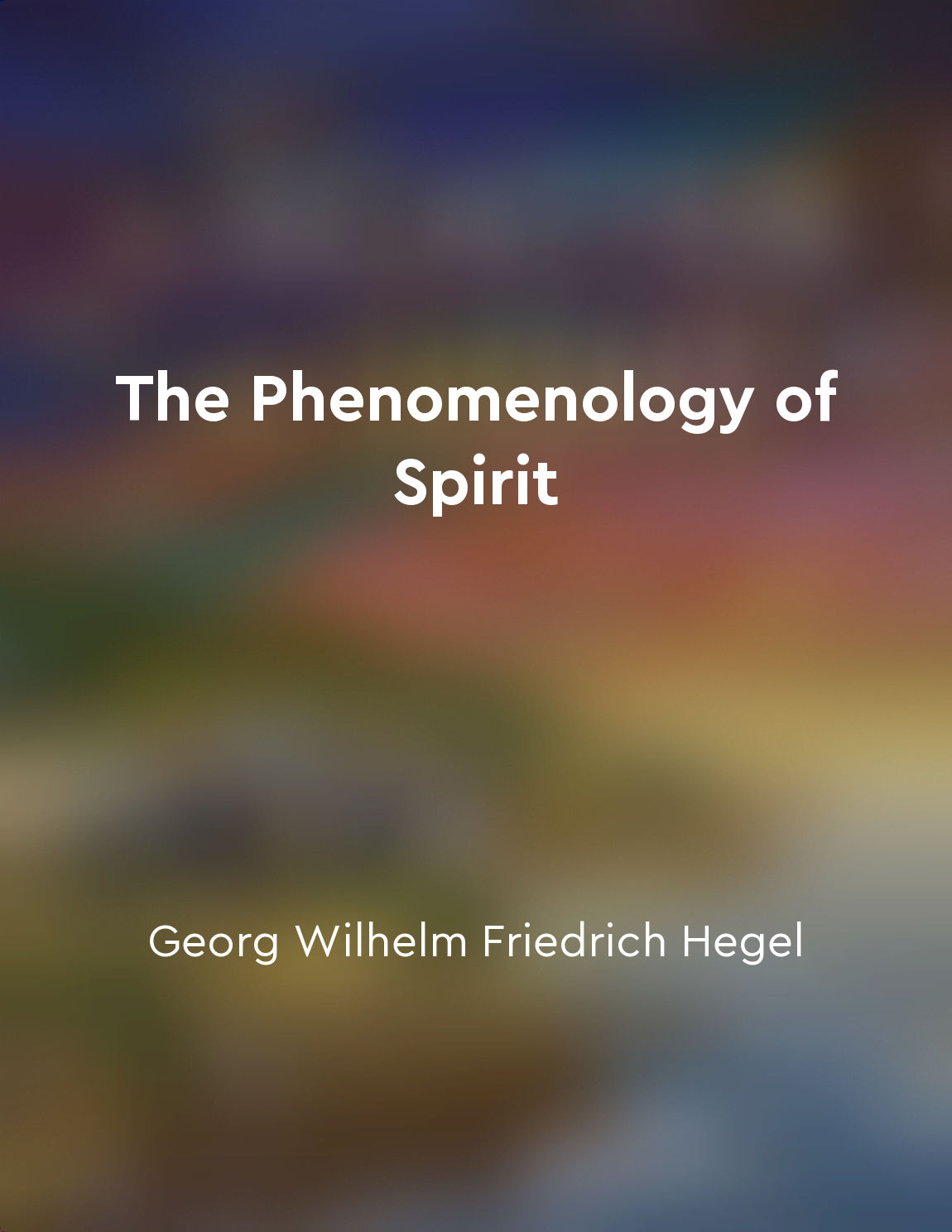Ego's illusion exposed from "summary" of The Man Who Wasn’t There by Anil Ananthaswamy
The ego, that persistent sense of self that we carry around with us, is a trickster. It makes us believe that we are separate, distinct individuals, when in reality, we are connected to everything and everyone around us. It creates a barrier between ourselves and the world, leading us to believe that we are the center of the universe. But what if this sense of self is just an illusion? What if, as some scientists and philosophers suggest, the ego is nothing more than a construct of our minds, a story we tell ourselves to make sense of the world? In "The Man Who Wasn’t There," Anil Ananthaswamy explores this provocative idea and delves into the research that challenges our fundamental understanding of who we are. Through the stories of individuals who have experienced profound alterations in their sense of self, Ananthaswamy reveals how fragile and malleable our egos truly are. From patients with neurological conditions that disrupt their sense of ownership of their bodies to individuals who have experimented with psychedelics and meditation, he shows us that the ego is not as solid and fixed as we might think. As we journey through the pages of the book, we are confronted with the unsettling possibility that our ego, the very thing that defines us, is nothing more than a mirage. It is a construct that we cling to out of fear and habit, but one that can be dismantled with the right tools and practices. Through mindfulness, self-inquiry, and other techniques, we can begin to see through the illusion of the ego and glimpse the boundless nature of our true selves. In exposing the ego’s illusion, Ananthaswamy challenges us to question our assumptions about who we are and how we relate to the world. He invites us to consider the possibility that we are not separate, isolated beings, but interconnected threads in the vast tapestry of existence. And in doing so, he opens the door to a deeper understanding of ourselves and the universe in which we dwell.Similar Posts
Meditation can enhance selfawareness
Meditation, particularly mindfulness meditation, can lead to a heightened sense of self-awareness. Through the practice of obse...
Let go of the need to be right
When you let go of the need to be right, you free yourself from the ego's constant desire to assert itself and prove its superi...

Subjective and objective dimensions
The movement of the Concept is the self-establishing, alienating process of the Concept. The Concept is the unity of the object...
Choose peace over suffering
The key to transcending suffering lies in making a conscious choice to prioritize peace above all else. This choice is not abou...
Surrender to God
The concept of surrender to God is a central theme in the Bhagavad Gita, where Lord Krishna teaches Arjuna the importance of le...
Cultivating a sense of compassion can bring profound benefits to our lives
Developing a sense of compassion is not just a moral imperative but also a practical necessity in our lives. When we truly cult...
Illusion of solid self
The idea of a solid self, a fixed identity that persists through time, is a powerful illusion. It is the bedrock on which we bu...
In Zen, the concept of self is an illusion
The fundamental doctrine of Buddhism is that all conditioned things are impermanent. This includes all physical things, as well...
Mindbody connection explored
The mindbody connection is a concept that has fascinated scientists and philosophers for centuries. In The Man Who Wasn't There...
